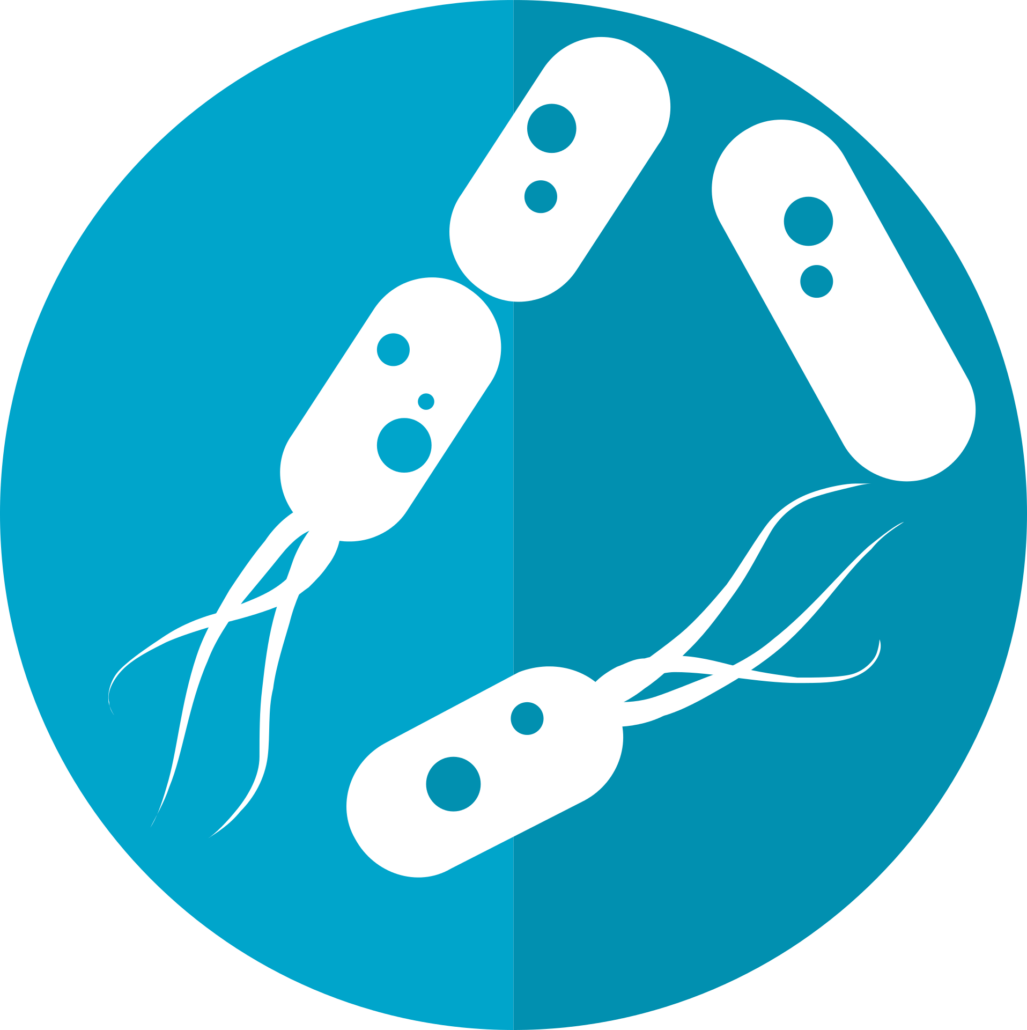
Gut microbiome boosts muscle strength
Swedish researchers have demonstrated that the gut microbiome can significantly affect the proper development and strength of skeletal muscle.
In mice lacking the gut microbiome, the international team led by Sven Pettersson from Karolinska Institutet in Stockholm revealed that gut microbes play a critical role in the maintenance of muscle mass and offer clues into the diverse mechanisms underpinning muscle loss. Several metabolic disorders have been tied to reduced muscle mass.
From prior work Pettersson et al. knew that the gut microbiome is involved in regulating organ function, metabolism and immunity. As less attention has been paid to how the microbiome interacts with skeletal muscle, Pettersson and colleagues compared the skeletal muscle of wild type mice to germ-free mice that lacked a gut microbiome. They found that the germ-free mice had weaker, atrophied muscles and showed reduced expression of genes that support muscle growth and metabolism.
Imaging experiments revealed the germ-free animals also harboured high levels of several amino acids, which are indicative of liver dysfunction and lower levels of serum choline, a precursor to the neurotransmitter acetycholine, which relays signals between nerves and skeletal muscle.
Interestingly, the scientists discovered that transplanting gut microbes from normal mice into germ-free mice boosted skeletal muscle mass, curtailed atrophy and improved the metabolic capacity of muscle. Furthermore, treating germ-free mice with fatty acids normally produced by gut microbes partially reversed muscle atrophy and restored muscle strength.Pettersson et al. want to conduct further experiments to characterise microbial products that may contribute to skeletal muscle function.



 adobe.stock.com - ipopba
adobe.stock.com - ipopba BioDlink
BioDlink